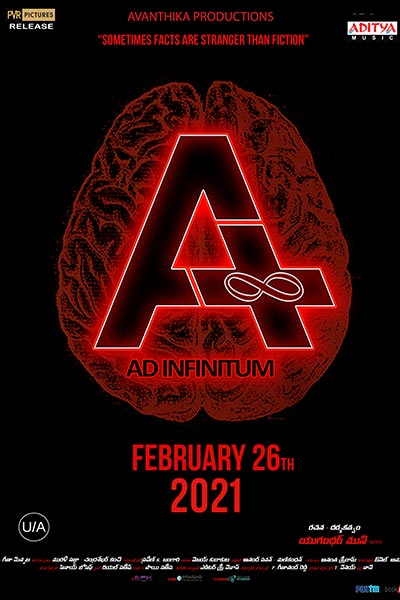


When Scorsese mentioned The Grapes of Wrath as the film that made him first aware that camera placement and camera movement was its own type of language, this sent DiCaprio into a brief discussion on Citizen Kane (both Grapes and Kane have the same cinematographer, Gregg Toland). The importance of film movements and breaking rules From the logo of a color-processing company to countries that he’d not been to, these things would later cement his two separate film legacies. “I would see anything in Technicolor as a kid,” he said-something only a young cataloguer would notice as he filed away his obsessions. While he didn’t say it outright, Scorsese’s desire to be a film archivist reverberated both of these poles, too - fantasy and escape - in how he spoke of observing his family’s reactions and in how excited he was by Technicolor. The cinema opened up the world to me, to a person who otherwise would not have had that possibility.” I was a kid and this film opened me up to humanity. I saw Satyajit Ray’s Pather Panchali on TV, dubbed in English in 1959, and I realized that this is a film made by the people that you usually see in a British or an American film, only in the background fanning the white guys. Because I came from a family that was working class, we couldn’t afford theater or travel, so I learned about the outside world through movies. The end reveals there’s space for a sequel, here’s hoping director Ugandhar tackles the subject better next time around.It was all film from there for Scorsese: “Movies introduced me to everything-dance, theater, music of all kinds. Even though A (Ad Infinitum) has some interesting points, it’s let down by a draggy screenplay. The music by Vijay Kurakula is not as great but the BGM keeps things interesting. The film’s leads end up delivering a decent performance. The slow narration in the first half tests your patience but things pick up once it reaches interval point. The film also makes a few missteps when it comes to the science of it all, not doing enough to make the audience invest and suspend disbelief. The film however is hard to follow as there’s too much happening in terms of the characters, even if the backstory of the protagonist is draggy. Thrillers are not a genre often explored in Tollywood but director Ugandar Muni makes a decent attempt. How Sanjeev ties up to this case forms the story. At the other end of the tale is police officer Vishnu (Rangadham), who is about to retire and takes up the case of a child abduction. He decides to dig deeper with the help of his journalist friend. The couple leads a normal, happy life but Sanjeev’s dreams keep haunting him. Sanjeev suffers from memory loss and cannot recollect his past from before he met Pallavi at the hospital. They even have a daughter called Amrutha (Baby Deevana). Sanjeev (Nithin Prasanna) is a disabled receptionist who’s married to a nurse called Pallavi (Preethi Asrani).

And while the film does have an interesting premise, slow narration and faulty logic when it comes to science, makes the film falter. Review: The trailer of A (Ad Infinitum) looked promising, with the dialogue “Science demands sacrifice” making one expect something more than the usual drama. But what he ends up finding out is much more than what he bargained for. Story: Sajeev (Nithin Prasanna) cannot recollect his past but keeps dreaming of it.


 0 kommentar(er)
0 kommentar(er)
